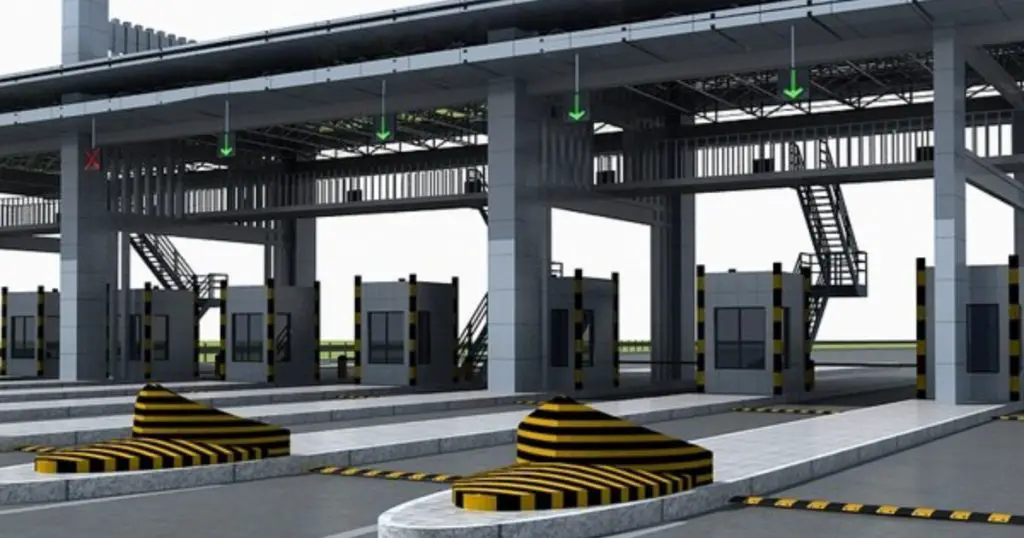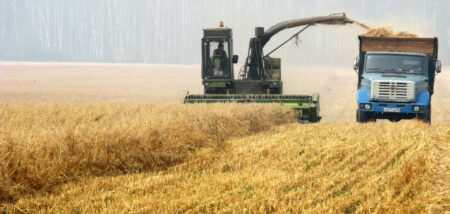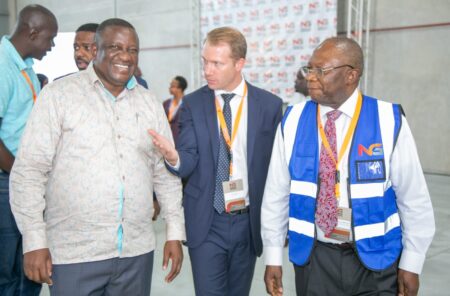- AfDB will give Kenya US$150 million to support a major highway development project under the government’s First Mover Public-Private Partnership (PPP) programme
- The bank’s board approved the loan, which will fund the development of the A8 and A8 South highways
- The existing 175km A8 road from Rironi to Mau Summit will be transformed into a four-lane carriageway, and the 57.8 km two-lane A8 South from Rironi to Naivasha will be strengthened and maintained over 30 years
Kenya will receive US$150 million from the African Development Bank (AfDB) to support a major highway development project under the government’s First Mover Public-Private Partnership (PPP) programme.
The bank’s board approved the loan, which will fund the development of the A8 and A8 South highways.
According to AfDB, the existing 175km A8 road from Rironi to Mau Summit will be transformed into a four-lane carriageway, and the 57.8 km two-lane A8 South from Rironi to Naivasha will be strengthened and maintained over 30 years.
Both roads are major routes stretching across the most densely populated parts of the country, beginning in Nairobi, Kenya’s capital and commercial nerve centre, and traversing several counties in Nakuru and Kiambu, agricultural zones, wildlife reserves and tourism centres.
The roads also form part of the strategic “Northern Corridor, ” the busiest trade and transport corridor in East Africa, providing gateway access to Kenya’s landlocked neighbouring countries.
The US$150 million from the Bank Group’s non-sovereign operation lending window forms part of a DFI tranche to Rift Valley Highway Limited – a Special Purpose Vehicle incorporated in Kenya and wholly owned by VINCI group and Meridiam Infrastructure Africa Fund. In September 2020, Rift Valley Highway entered a PPP concession agreement with the Kenya National Highways Authority (KeNHA) to design, build, finance, operate, maintain and transfer the two highways over 30 years.
The project aligns with the aspirations of Kenya’s Vision 2030 and national strategy to support industrialisation through infrastructure development. It also aligns with the Bank’s priorities for infrastructure in its Ten-Year Strategy (2013–2022) and three of its High five priorities: Integrate Africa, Industrialise Africa and Improve the quality of life for the People of Africa.
This is the first PPP project to be approved by the Board under the Bank’s recently established PPP Framework.
Bank Acting Senior Director for the Infrastructure and Urban Development Department, Mike Salawou, said that tolling and concessions of major trade corridors across the African continent are on the rise as the need for connectivity and integration is amplified by the AfCFTA and the need for alternative financing sources through PPPs, to ensure the sustainability and reliability of trade corridors.
AfDB approves the funding of Kenya longest dual-carriage highway
Nnenna Nwabufo, Director General for the Bank’s East Africa Region, said: “One major plus is that this project will improve the extremely poor safety record of the highway, which has been identified as one of the most accident-prone in Kenya. In addition, direct development outcomes expected from the project include increased productivity, commercial efficiencies, and time and cost savings. (Zolpidem) Ultimately, this should support economic growth and increase the quality of life of the people. “
The project is expected to generate 1,500 jobs during construction and 200 during operation and has at least 40% local content as labour and locally sourced materials.
The facility came days after AfDB said it would give Kenya €63 million/US$63 million loan (KSh 7.5 billion) to boost its cereals and oilseeds production by over 1.5 million metric tonnes over the next two years.
AfDB said its board had approved the funding, adding that the production increase will help bolster Kenya’s food security and economic resilience.
The loan is part of the African Development Bank’s US$1.5 billion African Emergency Food Production Facility, an Africa-wide initiative to avert a looming food crisis exacerbated by the war in Ukraine.
Kenya: AfDB approves a US$63 million loan to increase cereals and oilseed production
The loan will support the country’s Ministry of Agriculture, Livestock, Fisheries and Cooperatives (MoALFC). It will enable the government to provide affordable fertiliser and seeds to farmers ahead of the October-December 2022 short rains and into the 2022/2023 long rains crop production season.
Dr Beth Dunford, the Bank’s Vice President for Agriculture, Human and Social Development, said the successful implementation of the Facility would see some 650,000 farmers as direct beneficiaries, resulting in the production of 1.5 million tonnes of cereals and oilseeds.
“The Facility will positively impact some 2.8 million people,” she said.
The project entails the delivery of certified seeds, fertilisers and agricultural extension to 650,000 farmers to boost productivity. An e-voucher system will ensure that subsidies for inputs are “smart”.











